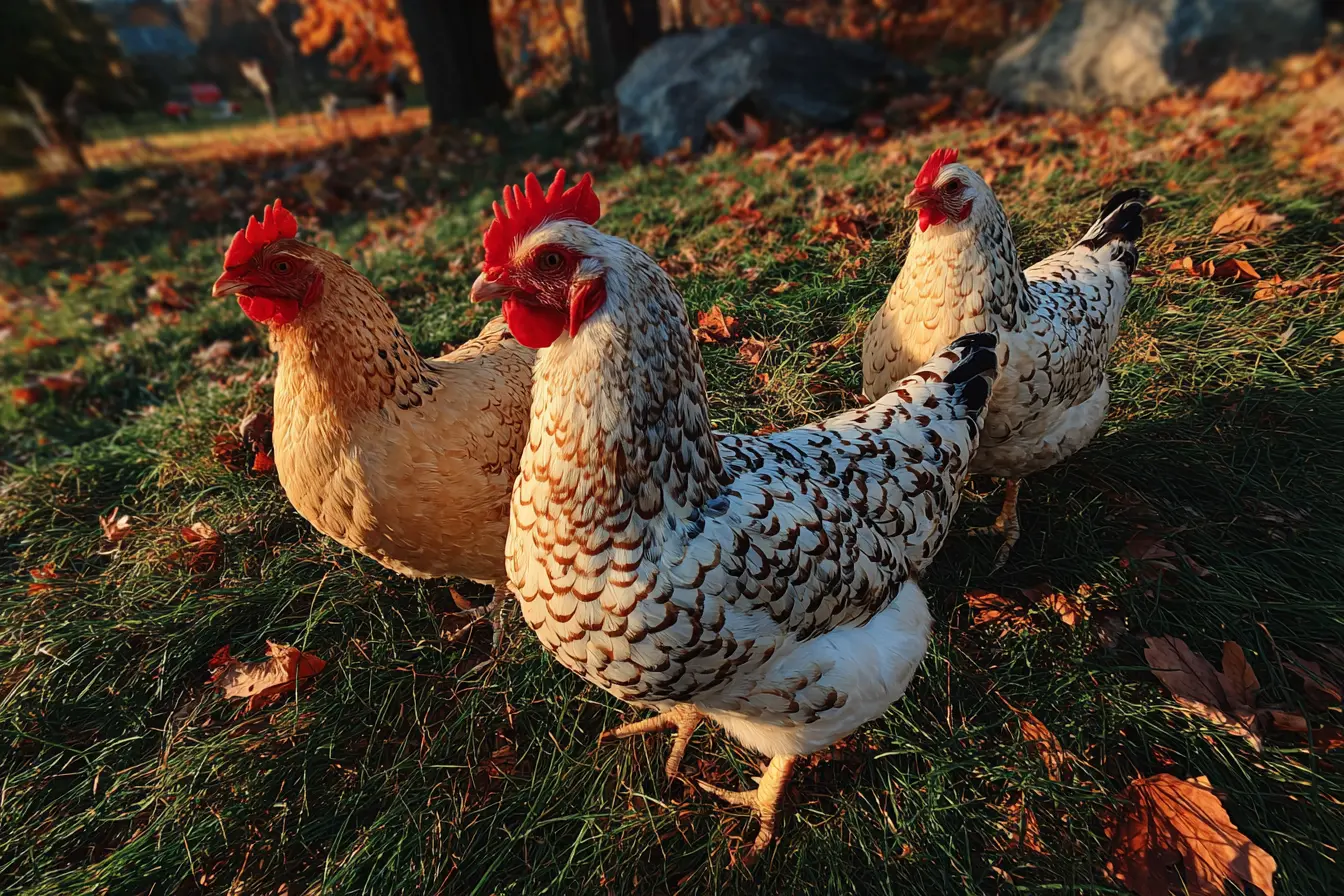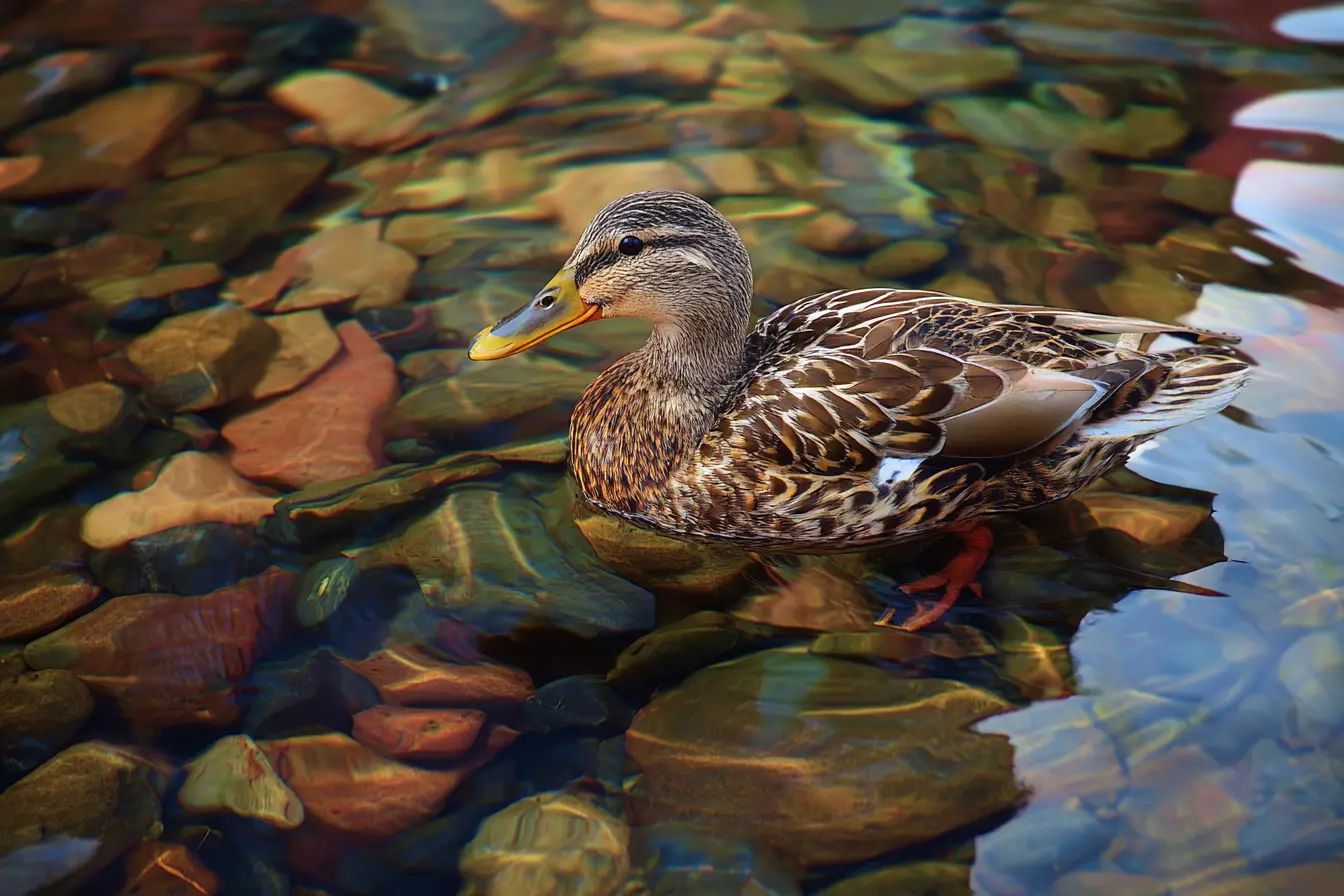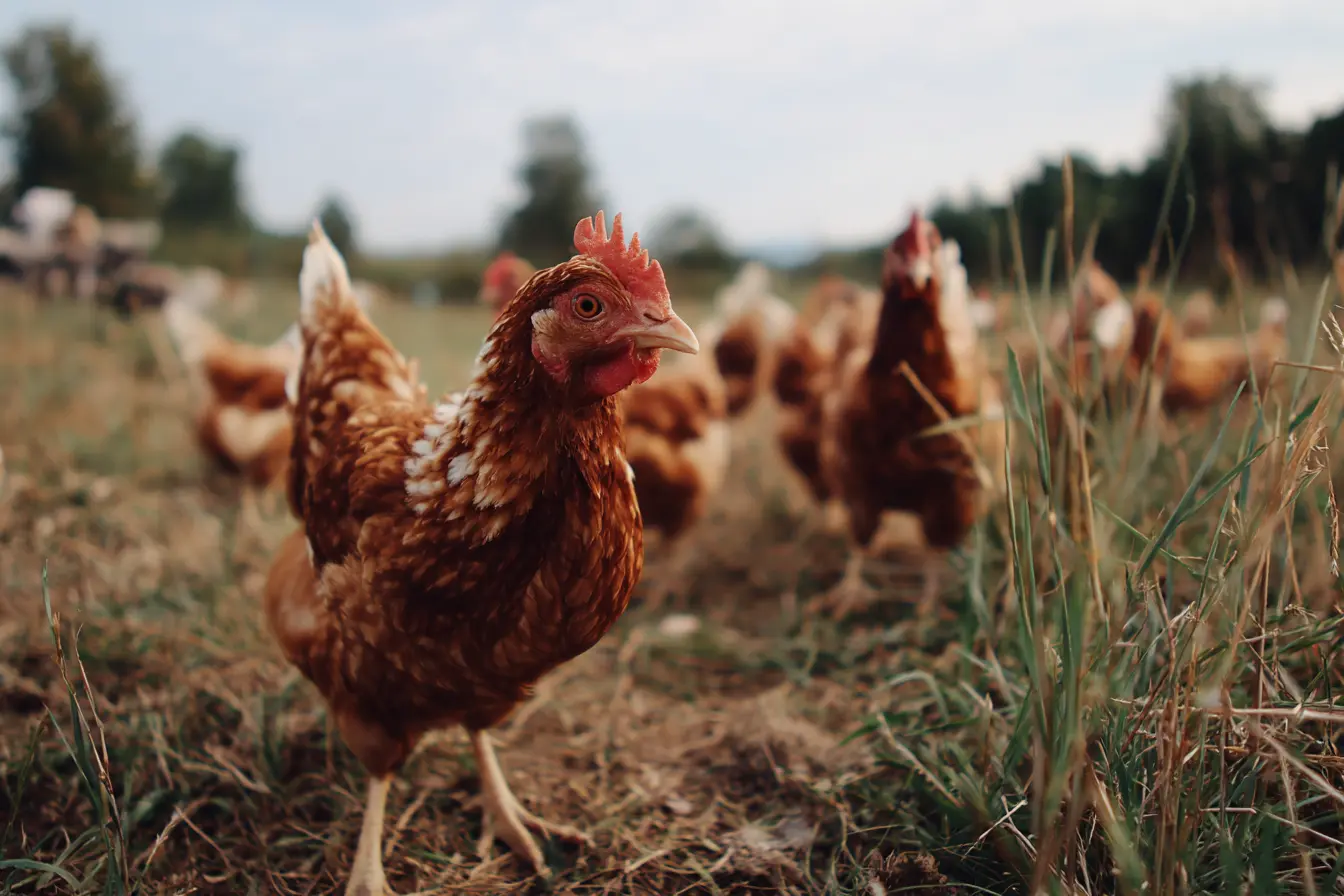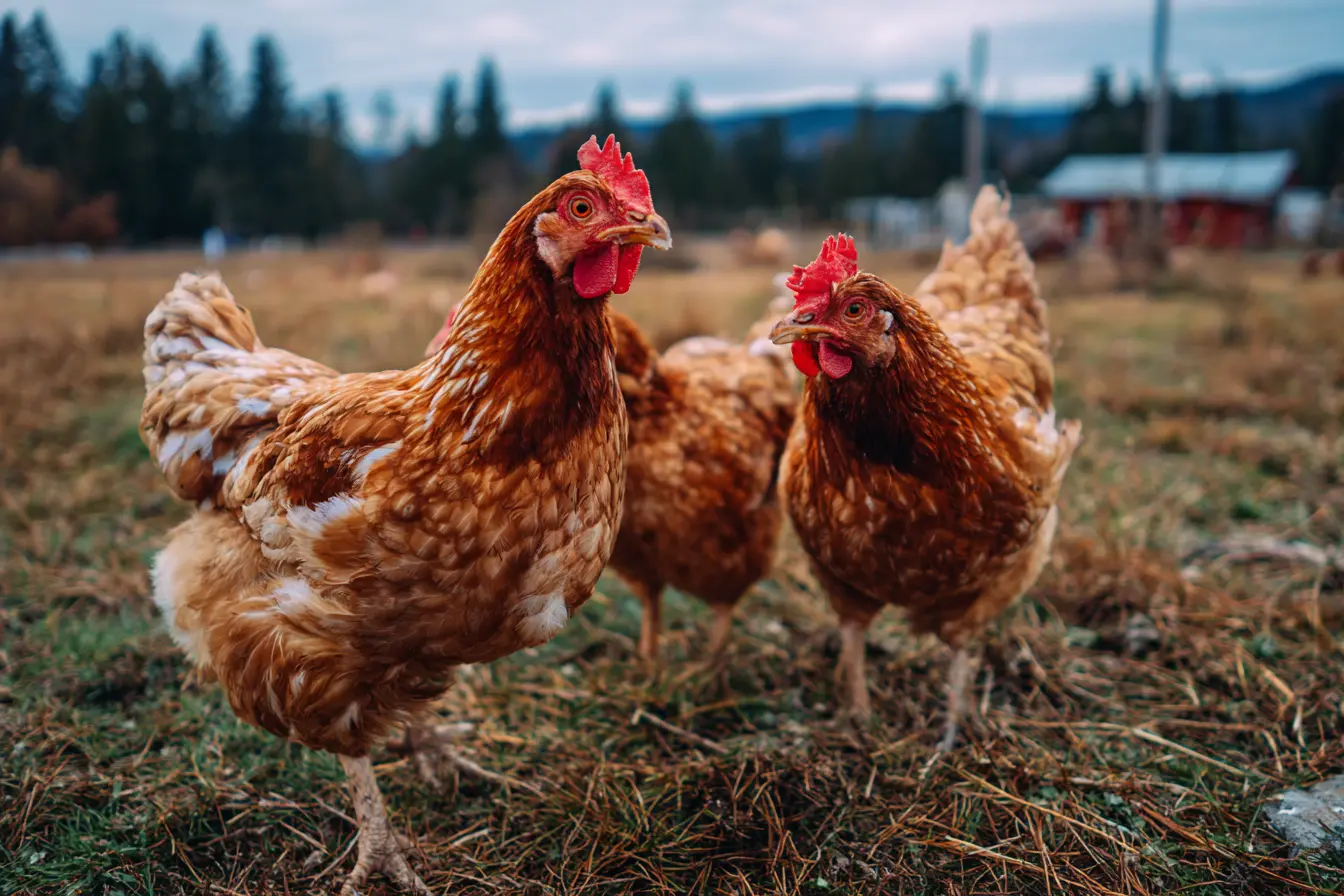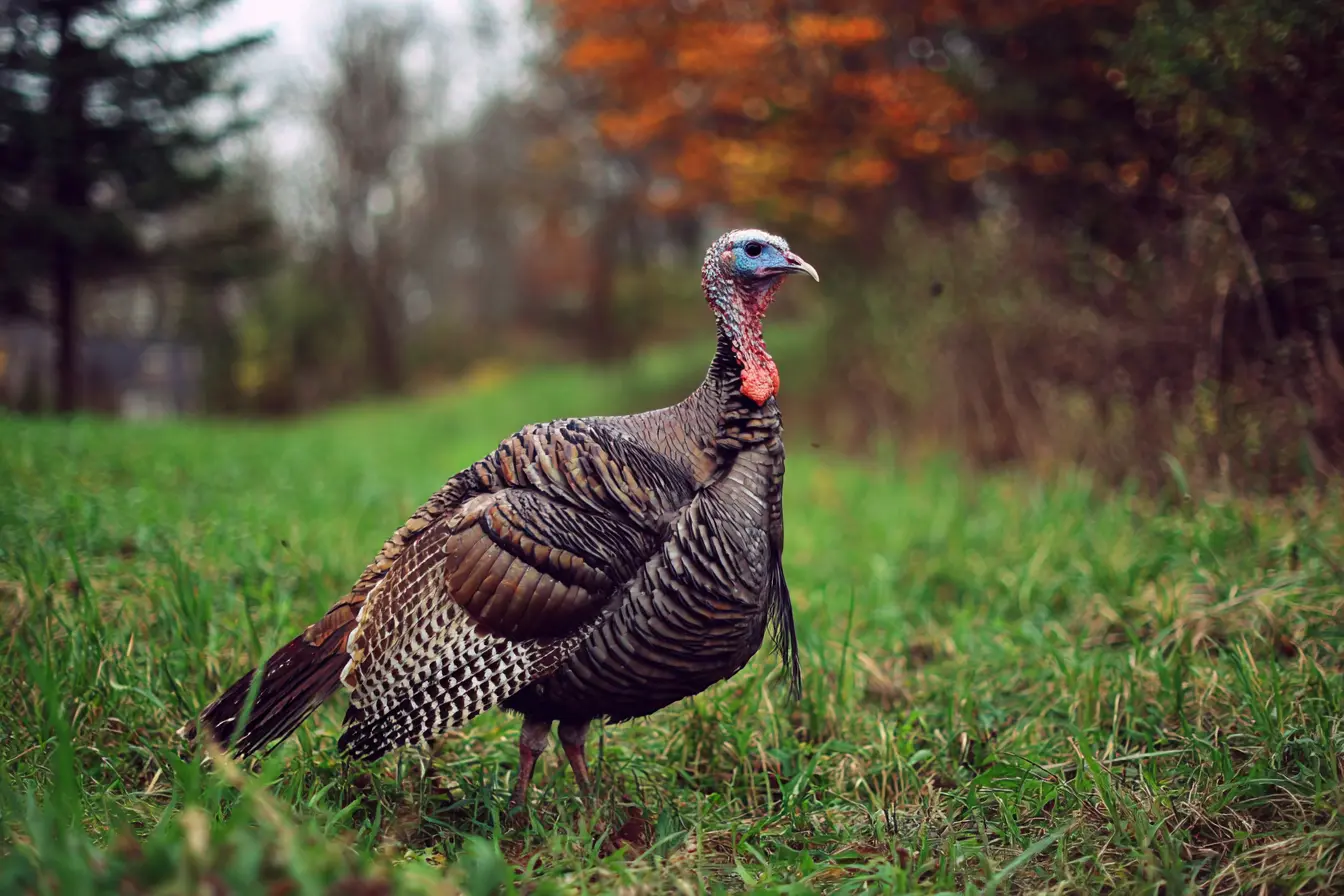
The Ultimate Guide to Deworming Turkeys: What Every Keeper Should Know
Turkeys are majestic and rewarding birds to keep, whether for meat, breeding, or ornamental purposes. However, they are particularly vulnerable to internal parasites. Worm infestations can compromise their health, stunt growth, reduce fertility, and even lead to fatal disease if not addressed in time. Deworming is a crucial part of turkey husbandry, and this guide covers everything you need to know—from identifying common worms and symptoms, to choosing the right treatments and maintaining a healthy flock.
Why Deworming Turkeys Is Essential
Turkeys are more sensitive than chickens to some parasites, and in particular to diseases transmitted by worms. Without proper control measures, internal parasites can lead to:
- Severe weight loss and poor growth
- Reduced fertility and egg production
- Secondary infections
- Organ damage or blockages
- Increased mortality
Deworming helps ensure turkeys reach their full potential in terms of health and productivity, while also reducing the risk of spreading disease to other birds.
Common Worms That Affect Turkeys
Turkeys can host a range of parasitic worms. Some are harmless in small numbers but can become dangerous when infestations grow.
Cecal Worms (Heterakis gallinarum)
- The most common worm found in turkeys
- Reside in the caeca (a pair of intestinal pouches)
- Not especially harmful on their own
- However, they carry the protozoan Histomonas meleagridis, which causes blackhead disease, often fatal in turkeys
Roundworms (Ascaridia spp.)
- Large, spaghetti-like worms found in the intestines
- Absorb nutrients and may cause intestinal blockages
- Lead to stunted growth and poor feed conversion
Capillary Worms (Capillaria spp.)
- Extremely thin, hair-like worms
- Inhabit the crop or intestinal lining
- Cause anaemia, diarrhoea, and reduced egg laying
Gapeworms (Syngamus trachea)
- Live in the trachea and lungs
- Cause laboured breathing, coughing, and open-mouth “gaping”
- Spread via earthworms or contaminated soil
Tapeworms (Cestodes)
- Attach to the intestinal lining
- Require intermediate hosts like beetles, slugs, or flies
- Can cause poor growth and malabsorption of nutrients
Signs of Worm Infestation in Turkeys
Some signs of worm infestation in turkeys are subtle, especially early on. Pay attention to the following indicators:
- Reduced weight gain or weight loss
- Dull or ruffled feathers
- Pale facial features or wattles (anaemia)
- Diarrhoea or unusual droppings
- Lethargy or weakness
- Gaping, coughing, or respiratory signs
- Sudden drop in egg production
- Death in extreme cases, particularly from blackhead disease
Note: Because cecal worms can carry blackhead disease, it's often not the worms themselves that cause death, but the protozoan they transmit.
When and How Often to Deworm Turkeys
How frequently you deworm depends on your environment, stocking density, and flock management. General guidelines include:
- Deworm at least twice per year (typically spring and autumn)
- Treat every 8–12 weeks in areas with high worm exposure (e.g. free-range or wet pasture systems)
- Deworm immediately if signs of infestation appear or if worms are visible in droppings
- Use faecal testing to monitor worm levels and reduce unnecessary treatment
For flocks raised for meat, initial treatment at 6–8 weeks of age followed by another at 12–14 weeks is common.
Effective Dewormers for Turkeys
There are limited anthelmintics specifically licensed for turkeys in the UK, but several poultry wormers are used off-label under veterinary direction.
Flubendazole (Flubenvet)
- Broad-spectrum wormer
- Effective against roundworms, cecal worms, capillary worms, and gapeworms
- Typically mixed into feed for 7 days
- No egg withdrawal period when used appropriately
- Not specifically licensed for turkeys—vet supervision advised
Fenbendazole (Panacur)
- Effective against many internal parasites
- Usually given orally or in water
- Useful in both adults and poults
- Egg withdrawal required (typically 7–28 days)
Ivermectin
- Broad-spectrum antiparasitic
- Given orally or topically
- Also works on mites and lice
- Not licensed for poultry—must be prescribed by a vet
- Egg withdrawal usually necessary
Levamisole
- Effective against roundworms and some other parasites
- Used in some turkey production systems
- Requires accurate dosing and vet oversight
Always weigh your birds and calculate dosages precisely. Over- or under-dosing can lead to resistance, toxicity, or treatment failure.
Natural Deworming Alternatives
Natural options may assist in preventing infestations or supporting general health, but they are not replacements for pharmaceutical treatment when worm burdens are high.
Diatomaceous Earth (DE)
- Food-grade only
- Believed to cause physical damage to worm eggs and larvae in the digestive tract
- Can be mixed with feed (small amounts)
Garlic
- Thought to deter parasites
- Supports the immune system
- Can be added in moderation to feed or water
Apple Cider Vinegar (ACV)
- Helps maintain gut acidity
- May inhibit some parasite development
- Added to drinking water (5–10ml per litre)
Pumpkin Seeds
- Contain cucurbitacin, believed to paralyse intestinal worms
- Crushed and mixed into feed
While safe and often beneficial, these methods should only be used as part of a broader prevention plan and not relied on as standalone cures.
Preventative Measures
Preventing worm infestations is often easier than treating them. Implement the following strategies to keep your turkeys parasite-free:
- Rotate pastures regularly to break parasite life cycles
- Avoid keeping turkeys on the same ground year-round
- Maintain clean, dry bedding and coops
- Control insect and worm populations (intermediate hosts)
- Keep feed dry and uncontaminated
- Separate turkeys from chickens, as chickens can carry blackhead without symptoms
- Quarantine new birds for at least 2 weeks
- Conduct routine faecal exams via a vet
Clean management, combined with strategic deworming, is the best way to protect your flock.
Can You Eat Turkey Eggs After Deworming?
Egg withdrawal periods vary depending on the treatment used:
- Flubendazole: No withdrawal needed
- Fenbendazole / Ivermectin / Levamisole: 7 to 28 days typically required
- Natural methods: No withdrawal period
Always follow label instructions or your vet’s advice, and discard eggs during withdrawal to avoid chemical residues in food.
Conclusion
Deworming is a vital component of responsible turkey keeping. Due to their sensitivity to certain parasites—especially blackhead disease—turkeys require proactive worm control and good management to thrive. By understanding the types of worms they face, spotting symptoms early, and using safe, effective treatments, you can maintain a healthy and productive flock.
Prevention, clean housing, and strategic deworming will go a long way in ensuring your turkeys live long, vigorous lives.
Contents
Tags
Vets near you
Speciality vets
- Aquatics vet specialists
- Birds vet specialists
- Camelids vet specialists
- Cats vet specialists
- Cattle vet specialists
- Deer vet specialists
- Dogs vet specialists
- Equines vet specialists
- Exotic vet specialists
- Goats vet specialists
- Pigs vet specialists
- Poultry vet specialists
- Sheep vet specialists
- Small Mammals vet specialists
- Wild vet specialists
Vet facilities
- Accessible by public transport
- Blood testing
- Car park nearby
- Client car park
- Dentistry
- Diagnostic imaging
- Disabled public access
- Flea and worm treatments
- Microchipping
- Mobile services
- Neutering
- Open at weekends
- Out-of-hours service
- Referral interests
- Referrals only
- Street parking outside
- Toilets available
- Vaccinations
